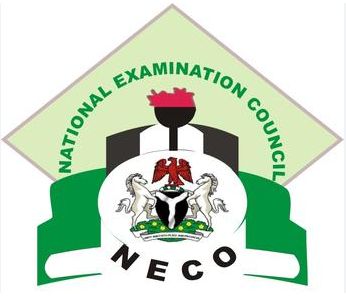The National Examinations Council (NECO) has released the results of the 2023 Internal Senior Secondary School Certificate Examination (SSCE).
It said 61.60 per cent of the candidates scored five Credits and above, including English and Mathematics.
But the examination body said 93 schools were found to have engaged in whole-school (mass) cheating while 52 supervisors were recommended for blacklisting due to poor supervision, aiding, and abetting during the examinations.
NECO’s Registrar and Chief Executive Officer, Prof. Dantani Ibrahim Wushishi, said this while announcing release of the examination results.
Wushishi said the erring schools would be invited to the council for discussion while appropriate sanctions would be applied against those found culpable.
The NECO boss explained that 1,196,985 candidates, comprising 616,398 males and 580,587 females, as well as 1,543 candidates with special needs sat for the examinations.
“The number of candidates with special needs is 1,542, which includes 913 candidates with hearing impairment, 162 candidates with visual impairment, 103 candidates with Albanism, 61 candidates with Autism, 149 candidates with low vision, and 154 candidates with Adermatoglyphia. These are candidates with no fingerprints.
“Also, 737,308 candidates, representing 61.60 per cent, passed with five Credits and above, and 1,013,611 candidates, representing 84.68 per cent, had five Credits, irrespective of English and Mathematics,” he said.
Wushishi said 12,030 candidates, representing 0.07 per cent, were involved in various forms of malpractice, showing a slight reduction in cases of malpractice, better than the 2022 results which recorded 13,594 candidates involved in various acts of malpractice.
The NECO boss noted that the malpractice cases showed that 3,962 of them were detected at marking venue, including copying “foreign materials”; 2,353 students were involved in collusion; 1,975 students were involved in impersonation; and 1,813 others were involved in aiding and abetting, seeking and receiving help from non-candidates.
Wushishi said the total indebtedness of states to NECO since 2012 is N5.5 billion.
The registrar explained that the council was expecting some states to pay their debts after the release of the results.
“The debts are the money owed to us as registration fees. Several states pay these fees for their students to take the burden off the parents. It is the money paid as registration fees that we use to run the council as we conduct examinations based on the internally generated revenue (IGR) of the registration fees paid.
“We will not release the result of the states that are owing us as we are expecting them to pay as we have released the results, which is our agreement with them,” he said.
Wushishi added that six African countries, including Benin Republic, Equatorial Guinea, Gabon, Niger Republic, Togo, and Cote D’Ivoire, presented candidates for the examinations.


